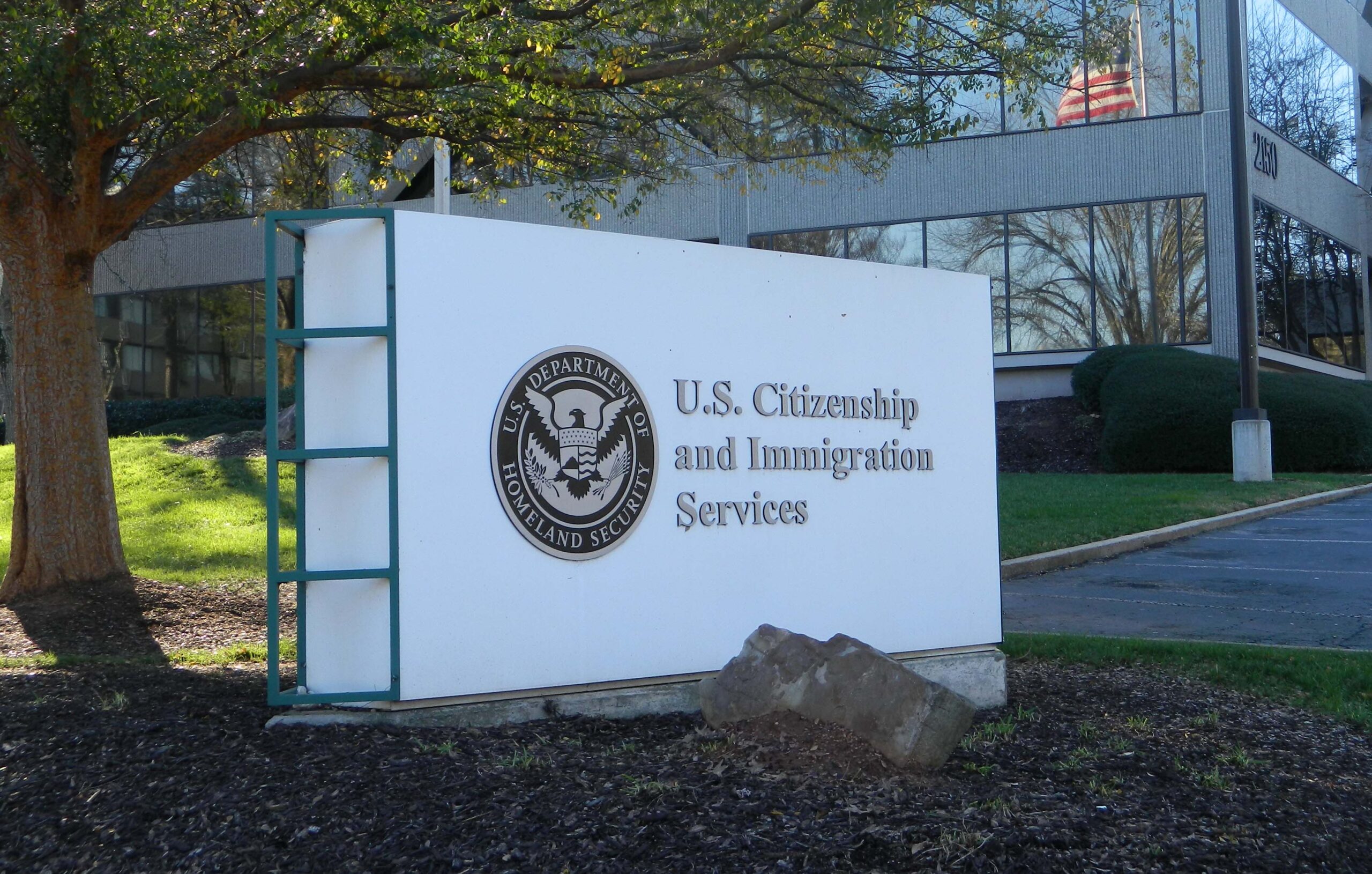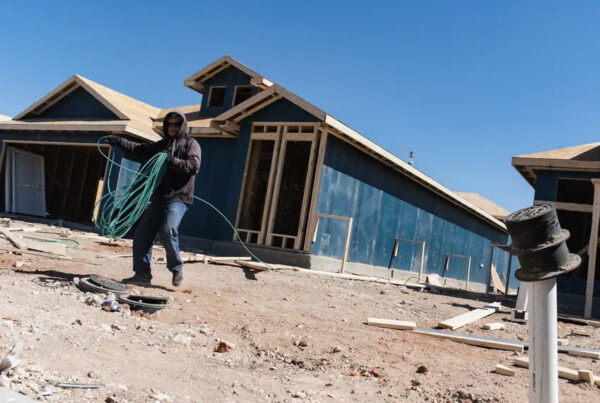It’s about to get more expensive to immigrate into the United States.
U.S. Citizenship and Immigration Services is set to raise the fees – in some cases by hundreds of dollars – to apply for both work visas and residency starting April 1. The agency says the increase will help better fund its work and speed along the infamously slow immigration process.
Arcelia Martin, who covers equity and economics for The Dallas Morning News, said this applies to folks who are looking for both temporary and permanent work visas.
“Let’s take for example, an H-1B visa. Those are for ‘highly skilled workers.’ So we’re looking at folks who are trying to find a job in engineering, in accounting, in any financial services, in tech. We’re looking at the cost of filing for those petitions to jump 70%, up to $780, according to the agency,” she said. “There’s also, for H-1B filings or temporary work permits or petitions for residency, we’re looking at a $600 fee being tacked onto every one of those forms.”
That fee is going to be used to hire more staff to process asylum seekers, she said.
The agency “is saying, ‘hey, we don’t have enough hands on this problem, and we’re getting more cases than we ever have before,’” Martin said. “And so they’re hoping to use some of this additional funding to get more people to help them out.”
» GET MORE NEWS FROM AROUND THE STATE: Sign up for Texas Standard’s weekly newsletters
The rate increase comes as some were questioning the integrity of the H-1B visa process, Martin said.
“The integrity of this lottery system was kind of all over the place last year, and there were reports of employers gaming the system to better their prospective workers’ chances by filing multiple applications,” she said. “The agency took a step back and proposed a new rule on that front, and there’s a separate fee that will increase from $10 to $215 to discourage that kind of gaming of the system.”
Martin said it’s too early to know if employers or individuals will try to find workarounds to avoid paying the increased cost. But for some employers, Martin said, the cost will just get absorbed as part of the process.
“I’m hearing from a couple of different lawyers that some of the employers that they work with say … this is talent that we desperately need and is so valuable to our company that we’re not going to make any changes to our employment and recruiting strategies,” Martin said.
“These increases are pretty significant for especially smaller firms. And so they might be looking at different practices, whether that be no longer recruiting foreign talent or deciding, you know what, there is no American worker that can fill this role. And so maybe we’re just going to have to learn to do without this role.”
The additional fees will also impact people seeking residency status in the United States, which is a process often separate from an employer.
“This is a financial barrier. We’re looking at an increase in costs in order to complete what is already a lengthy and expensive process,” Martin said. “I think if you ask anyone who’s gone through any process with USCIS, they know that this is already a lot for some folks. So I think that this will just make it more difficult.
“I don’t think it will discourage anyone who has already … committed to a long time pursuit of either applying for residency or a work permit. But I do think it’s just going to make it more difficult for some.”












